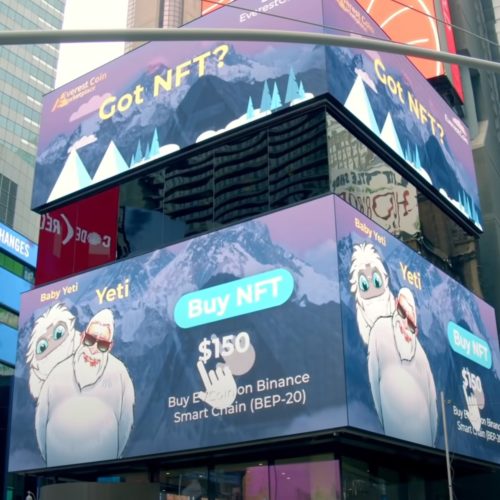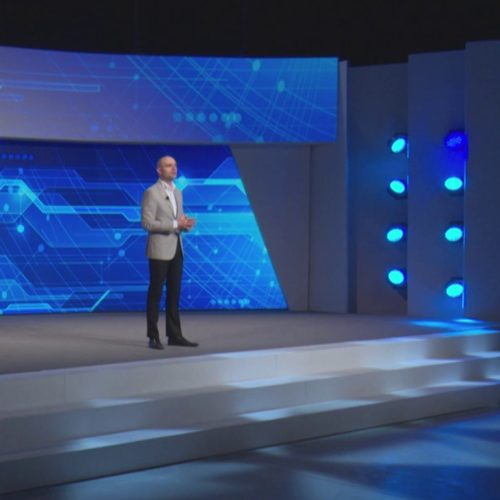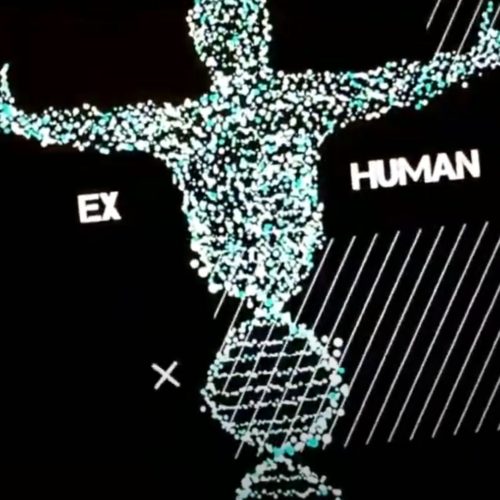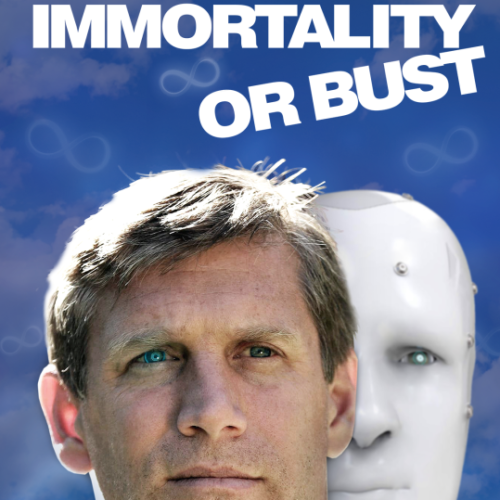The Opportunity in Devastation: Is the Fort McMurray Fire A Model of Our Future?
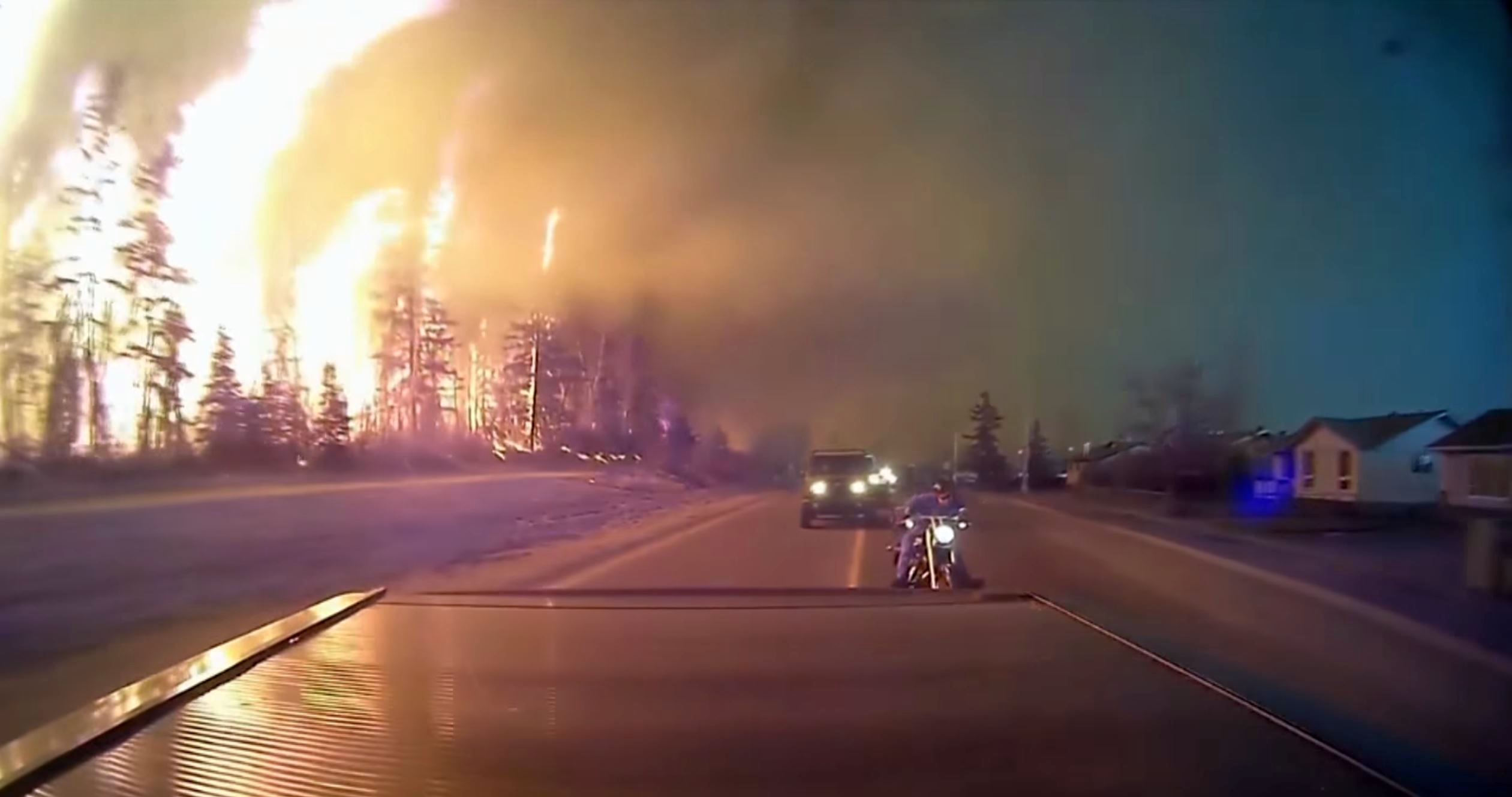 The massive and resurgent wild fire in Fort McMurray, Alberta lead to the evacuation of 100,000 people from the beating heart of Canada’s oil industry. The fire was promptly named “the Beast” because it was so powerful it generated its own lightning and thunderstorm, which in turn helped fuel and spread it even more. It was so massive that you could see it from space with your naked eye as it consumed nearly a 1,500 square miles of land as well as 2,500 structures in and around Fort McMurray. It also partially damaged another 500 buildings and even though it left 25,000 structures visibly unscathed it is still unclear as per whether there is any smoke damage to those or not.
The massive and resurgent wild fire in Fort McMurray, Alberta lead to the evacuation of 100,000 people from the beating heart of Canada’s oil industry. The fire was promptly named “the Beast” because it was so powerful it generated its own lightning and thunderstorm, which in turn helped fuel and spread it even more. It was so massive that you could see it from space with your naked eye as it consumed nearly a 1,500 square miles of land as well as 2,500 structures in and around Fort McMurray. It also partially damaged another 500 buildings and even though it left 25,000 structures visibly unscathed it is still unclear as per whether there is any smoke damage to those or not.
While too early for accurate estimates, the long-term economic cost could possibly range from 4 to 9 billion Canadian dollars – both due to direct devastation from the fire itself but also due to interruption of oil production. [Even if all major oil facilities are luckily so far unscathed many had to either cut or shut off production completely.] And this is but one fire at the beginning of the season. So if these fires start to be more common, and all of our computer models and historical data suggest they are, then the economic cost alone will likely add to billions, perhaps tens of billions of dollars per year. Add in the costs of other “natural” disasters such as flooding and, most recently, earthquakes, and a simple cost-benefit analysis of doing business in Alberta becomes an increasingly riskier proposition. Needless to say, such potentialities will have huge negative implications not only for Alberta but also for Canada.
So the real issue is whether the Fort McMurray fire is a model of our future? And what, if anything, is to be done about such random acts of God – how can we better prepare to not only survive but even thrive in an uncertain and turbulent future?
Start by Counting our Blessings
One should always start by counting one’s blessings for things can always be worse than they are. So, despite its monstrous size, the Fort McMurray fire seems to have been limited to material and environmental damage. And somehow we have no reports of any loss of life. Given the extremely dangerous circumstances that is a nearly inexplicable miracle. Without doubt, the selfless and exemplary work of fire, police and other emergency services is by far the main reason for such outcome.
The orderly evacuation of 88,000 residents of Fort McMurray with almost no warning is not something one can do by mere luck. It takes complex logistics to coordinate and disciplined calmness of mind to execute such a feat. So once again we should be both impressed and proud by the exemplary behavior of both uniformed and civilian Canadians who, in the face of all-consuming fire, exhibited some of the very best qualities we often aspire to have. Add in the humbling generosity of many nearby communities who opened their homes to welcome total strangers, the stories of people carrying gas along the highway to help stranded cars and the generous amount of financial support from across the nation, and one can only bask in the knowledge that the human spirit is alive and well in Canada.
Even more amazing is the fact that there has been no damage to any major oil facility. So, despite the interruption, a resumption of oil production will not be hard. [Provided that there is demand for it.] And so, there is light at the end of the tunnel. Yes, there are whole neighborhoods that are burned down to the ground, but our experience from other such tragic cases – be it Kelowna or Slave Lake or others, shows that we can and do rebuild and recover. And the fact that fire is covered by insurance policies much better than water flooding for example is no mere detail. So there is a lot to be grateful for.
Random Acts of God are not so Random
There is this 30-30-30 rule which specifies the main factors coming together to create the environment for a “perfect storm” for wild fires. So when temperature goes over 30 degrees Celsius, and the wind gets over 30 km/h, and humidity drops under 30%, we say we have the perfect conditions for a really big fire. And the Fort McMurray fire – aka “the Beast”, certainly fits that profile well. So there is no surprise there. The new and rather important element, however, is the fact that we had such perfect conditions so early in the season. This has also been a trend and for the past 40 years we have had earlier and earlier start of the fire season and it has lasted longer, with more numerous and more severe fires. For example, this year we had the third warmest and second driest winter on record. Consequently, the official fire season in Alberta started on March 1st and that is one whole month earlier than usually. Furthermore, Canada’s annual area burned by wild fires has doubled since the 1970s and that fact is largely attributed to climate change. Evidence from Alaska suggests that fires in at least part of that state are at their worst in 10,000 years. So, when it comes to fire, things are only going to get worse.
Let us not forget other random acts of God such as the massive Calgary flood of 2013 and the increasing number and severity of a previously unknown local phenomenon, which has appeared only recently in Alberta and British Columbia – earthquakes. Now, we cannot attribute any specific fire or flood to climate change. Not even this one. But what we can do is count the average number and severity of such events over a period of time and monitor the trends in those occurrences. Thus, at this point, saying that climate change leads to more flooding and forest fires is pretty much not controversial. We have the data and the trends are clear – we are going to get more of each. And as far as earthquakes are concerned we know they are directly connected to fracking, which is why today Oklahoma has more earthquakes than California. And so with the expansion of fracking across Canada we can only expect more local earthquakes too.
Our climate models have demonstrated over and over again that those random acts of God are really not so random any more and are instead the result of our own doing. Understanding and accepting this fact is the very first step towards any kind of proactive and long-term strategy to prepare for and hopefully address the issue. Now, I’m not saying that Alberta brought this onto its own self all on its own. Climate change is indeed a global and complex phenomenon. And our planet’s predicament is surely not Alberta’s doing. But I am saying that right now the economic model that Alberta relies on – i.e. fossil fuels and cattle, is a major part of the problem because those two are by far the industries most responsible for climate change. And I am proposing that Alberta can use this crisis to become part of the solution instead.
A Crisis is a Terrible Thing to Waste
The future crises we are going to face will hold opportunities besides the dangers. Thus a crisis is a terrible thing to waste because it creates opening for new approaches to old problems. And to rebuild what was lost in new and better ways. Out of the ashes new structures will be reborn. Fort McMurray will be rebuild. There is no doubt about that. The real question here is whether we are going to learn the lessons from this fire or simply get back exactly where we were before. Yes, we can fire-smart the new neighborhoods better than before but the reality is we are going to get many more Fort McMurrays in the future. So we’d better get ready and plan for the long term.
The short-term good news is that there will be many new construction jobs and a high demand for a variety of accompanying industries after the fire. Both public and private spending will likely rise by the billion. And that is going to provide welcome relief for Albertans who were badly hit by the collapse in oil prices and the consequent jump in unemployment and government deficits. But the cyclical nature of oil is, at best, unlikely to change from its historic boom-and-bust cycles. And, at worst, it is likely going through its last cycles before becoming entirely obsolete and being replaced by new energy sources. If we look at the trends, oil is getting harder and more expensive to produce while alternatives such as solar are getting cheaper, more scalable and more efficient every year. And, if Alberta is not prepared, that prospect can be even more devastating than any wild fire.
So, should we continue to invest in the development of the tar sands, and put all of our eggs in the fossil fuels basket, thus betting our fate on a 20th century economic model? Should we invest in the past, and try to rebuild it as accurately as possible? Or should we look towards the future and try to position ourselves proactively so that we can thrive rather than react to it?
Is the Fort McMurray Fire A Model of Our Future?
Saudi Arabia, the world’s largest crude exporter, is already seeing the writing on the wall and so it unveiled major economic reforms in April of this year. It made a public admission that it is hooked on oil and revealed a daring plan to get off it by 2030. If Saudi Arabia, which is a desert floating on oil, can shake its oil dependency, then why wouldn’t Alberta, which is a heaven of natural beauty, not be able to do so? Let’s not forget that the cost of production, and therefore the economic model for oil, is from 5 to 10 times worse in Alberta. So, if the Saudis can overcome their oil addiction why shouldn’t we be able to do it too?
So let us not just rebuild the past but build up for our future – for Alberta, for Canada and for our blue planet. Fort McMurray has been the beating heart of our oil industry but also a black eye for Canada across the world. It is a relic of our dirty past. Just like oil. And long term oil investing makes as much sense in 2016 as investing in the horseshoe business did in 1916, while also poisoning the environment and causing earthquakes, forest fires and climate change. [In fact, a Canadian government thinktank already issued a warning that renewables will gut market for Canada’s dirty oil.]
So how can Canada’s oil black eye become a model of the future? Well, like it or not, but the Fort McMurray fire is already a model: it shows us an example of many more such fires that will come, as well as the fact that we can survive, despite the devastation. But mere survival is not a compelling way of life. Nor is being reactive. Rather, it is being proactive, by building the future we want to see, that is the path to thriving. And embracing a growing rather than shrinking business model, one with a great future, rather than a past, is the way.
Wildfires are a key part of the ecological cycle because they provide an opportunity for renewal and evolution of whole ecosystems. And we should learn from them and use the coming crises as opportunities to evolve our economy and civilization. So, as tragic and devastating as an event like this is, the final outcome can be a positive one. The Fort McMurray fire is already a great model of how we can deal with and come together during a time of crisis. But can we can do even better if, after the smoke has cleared, we turn our gaze to the future, to what can and should be build, rather than what used to be.


